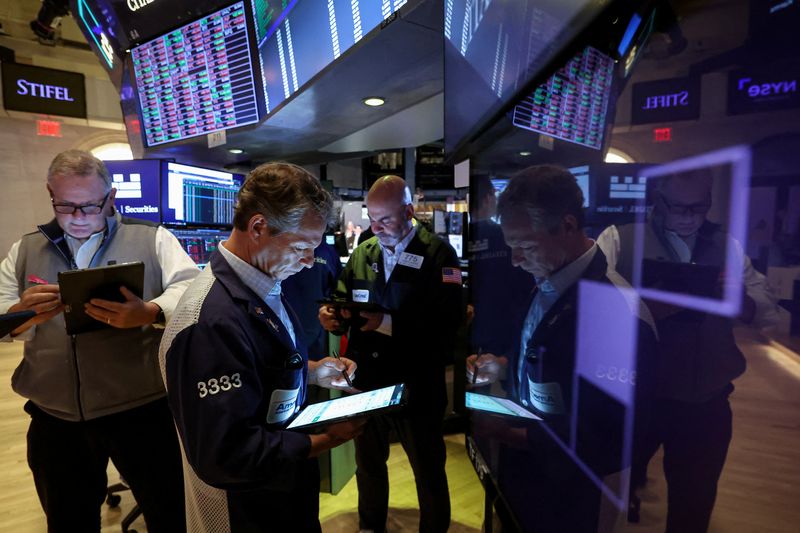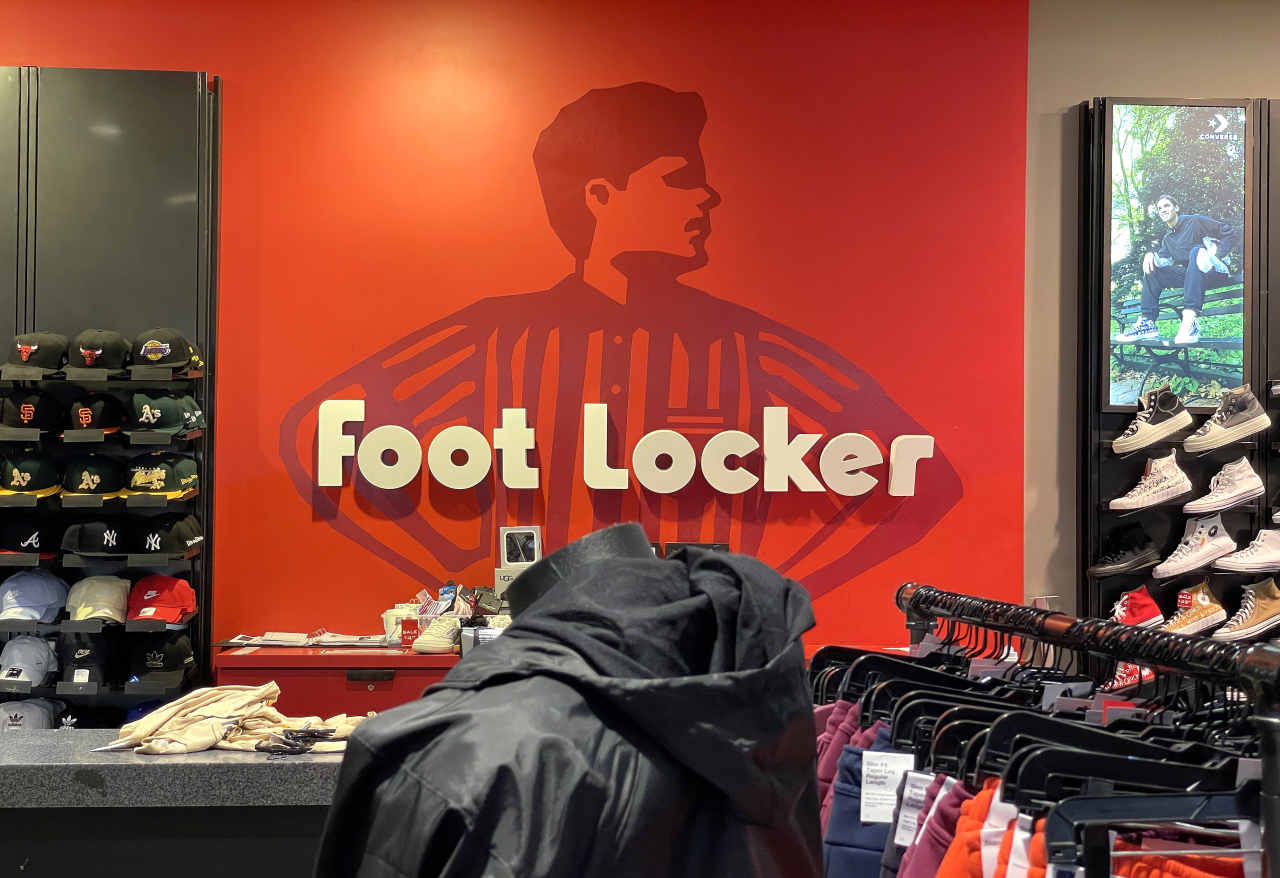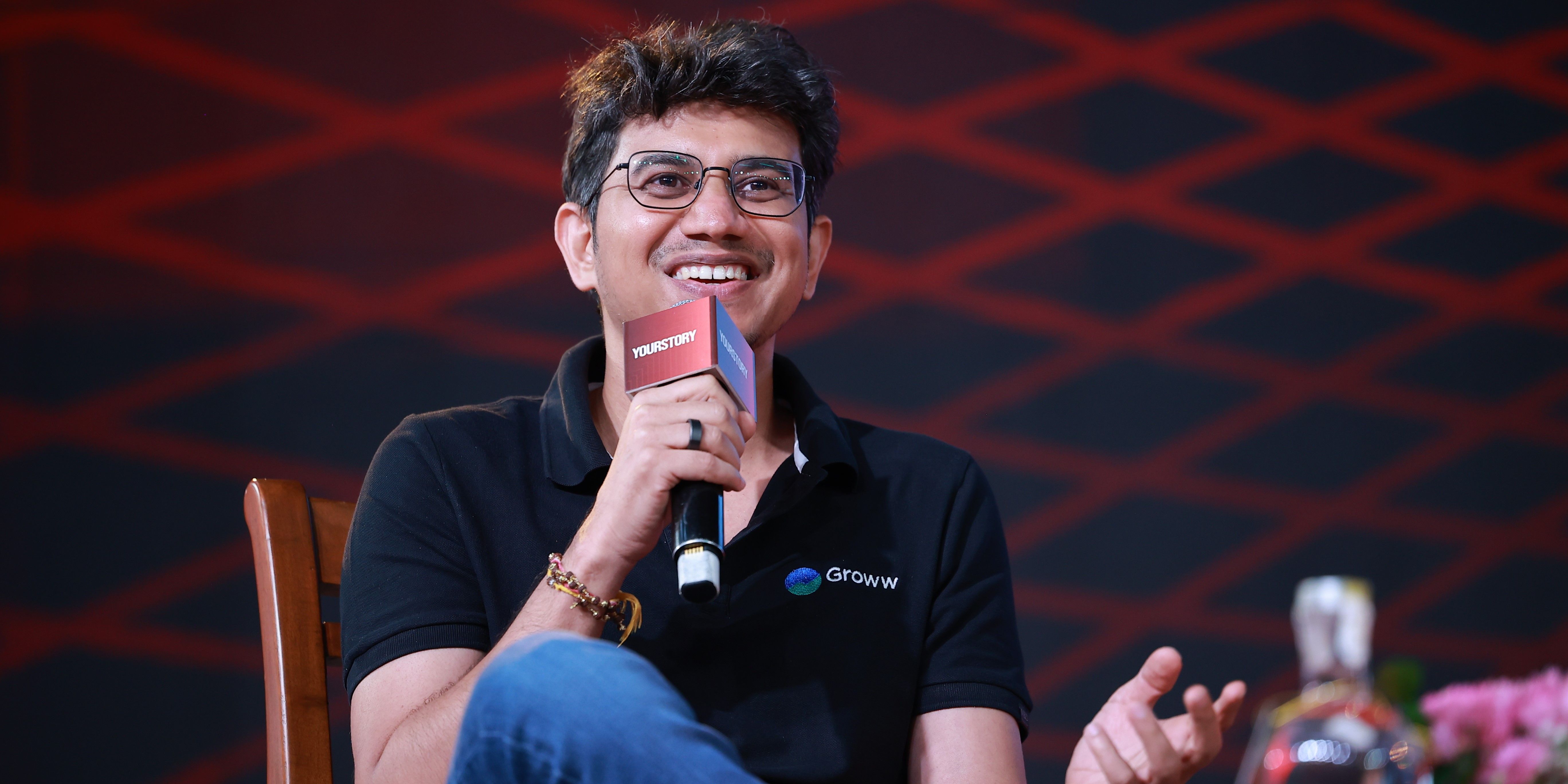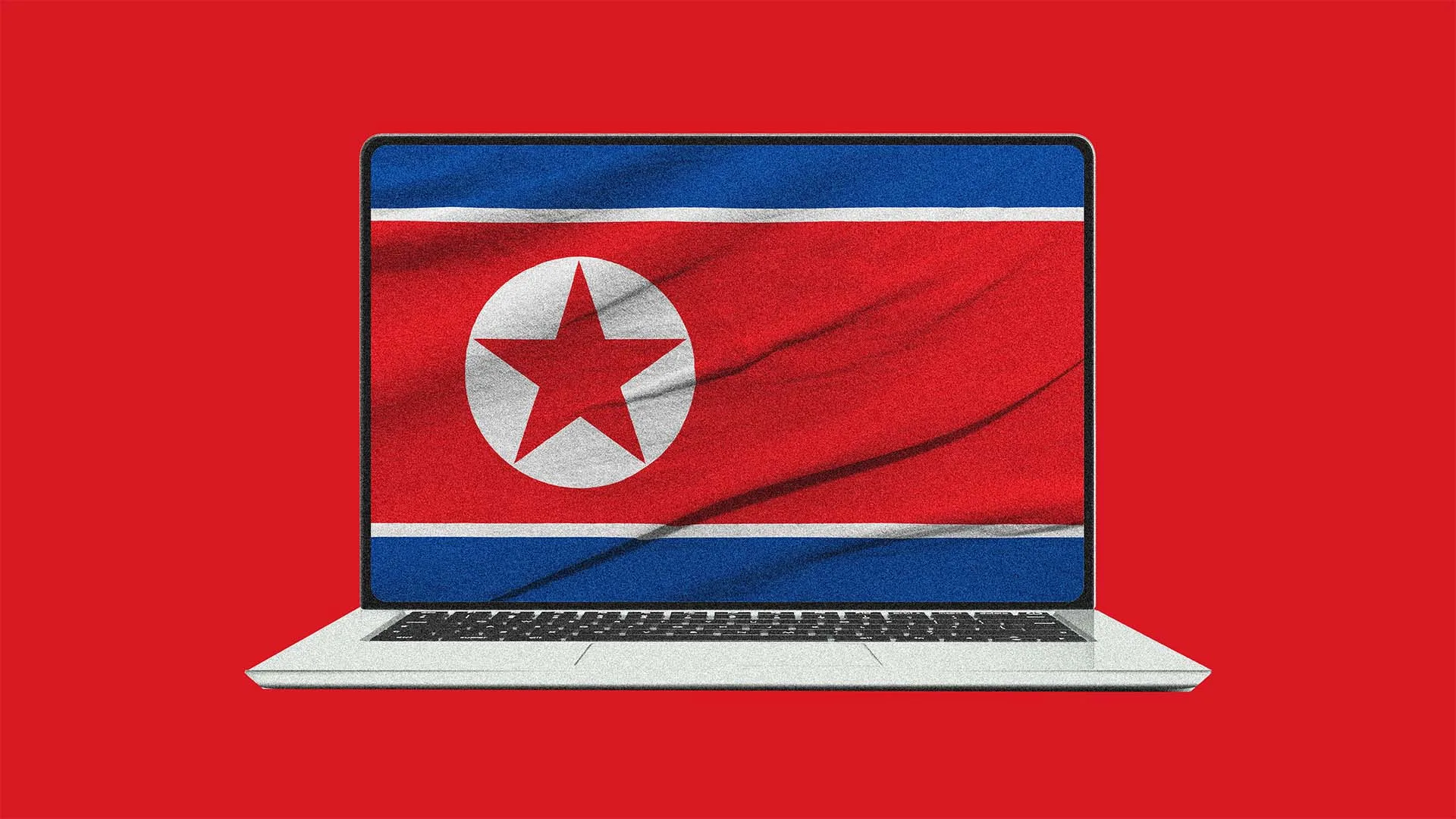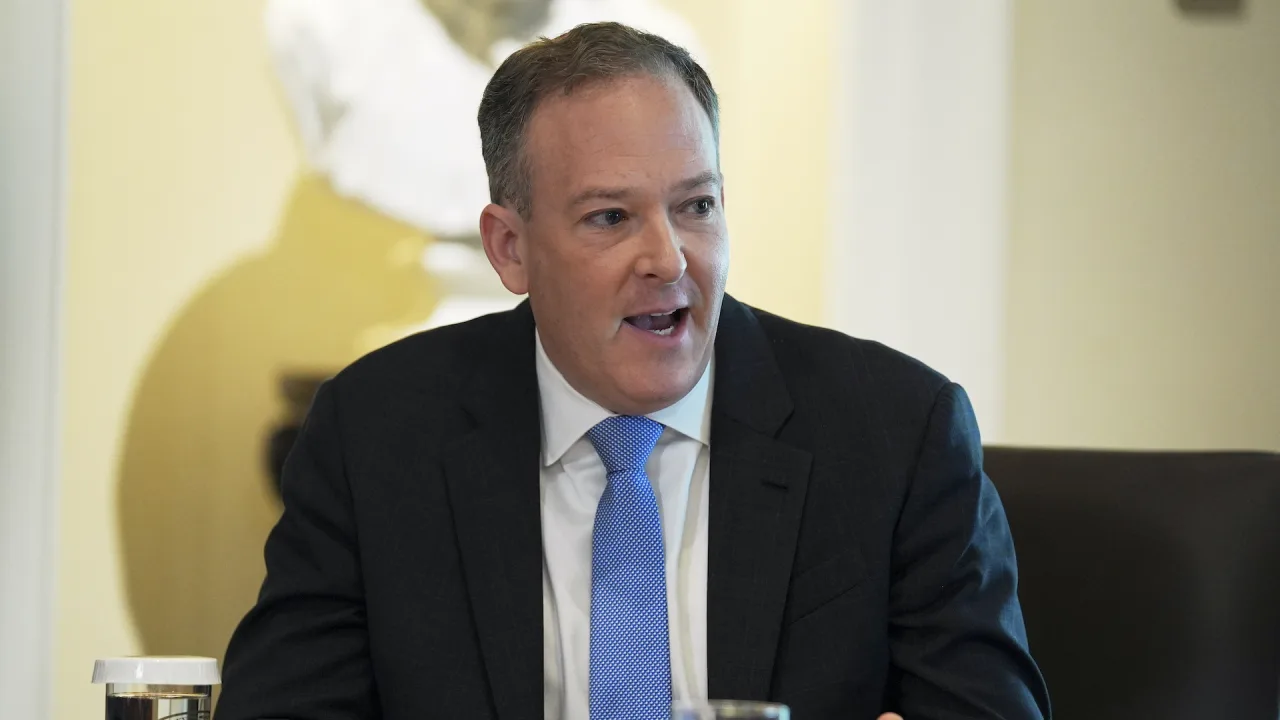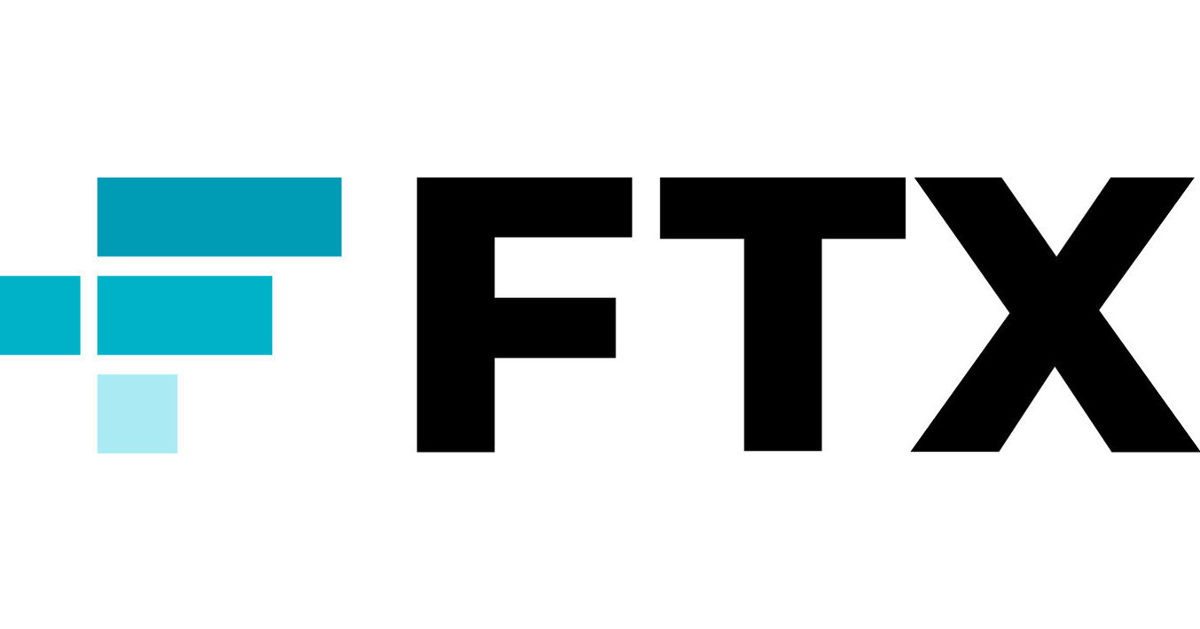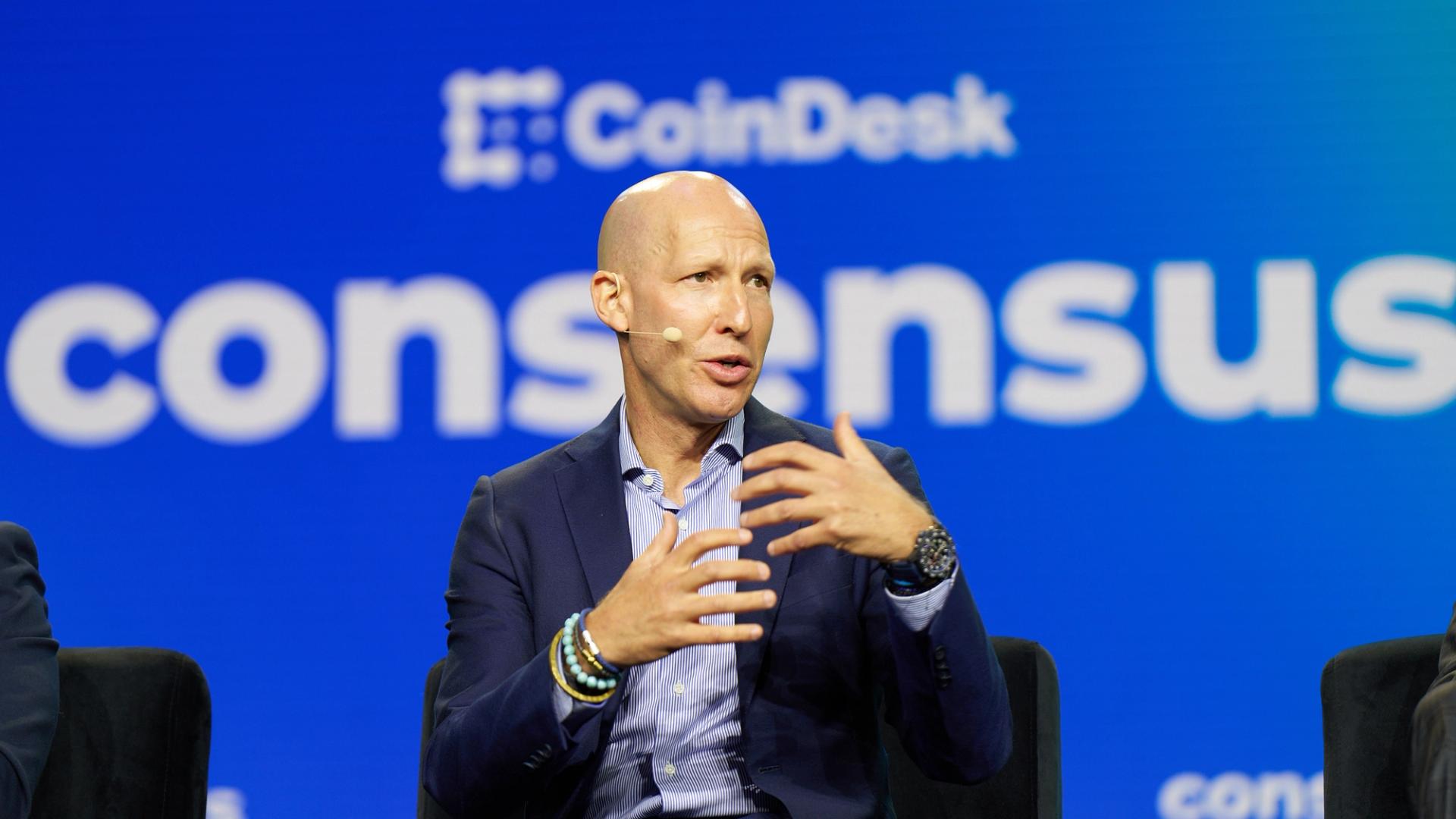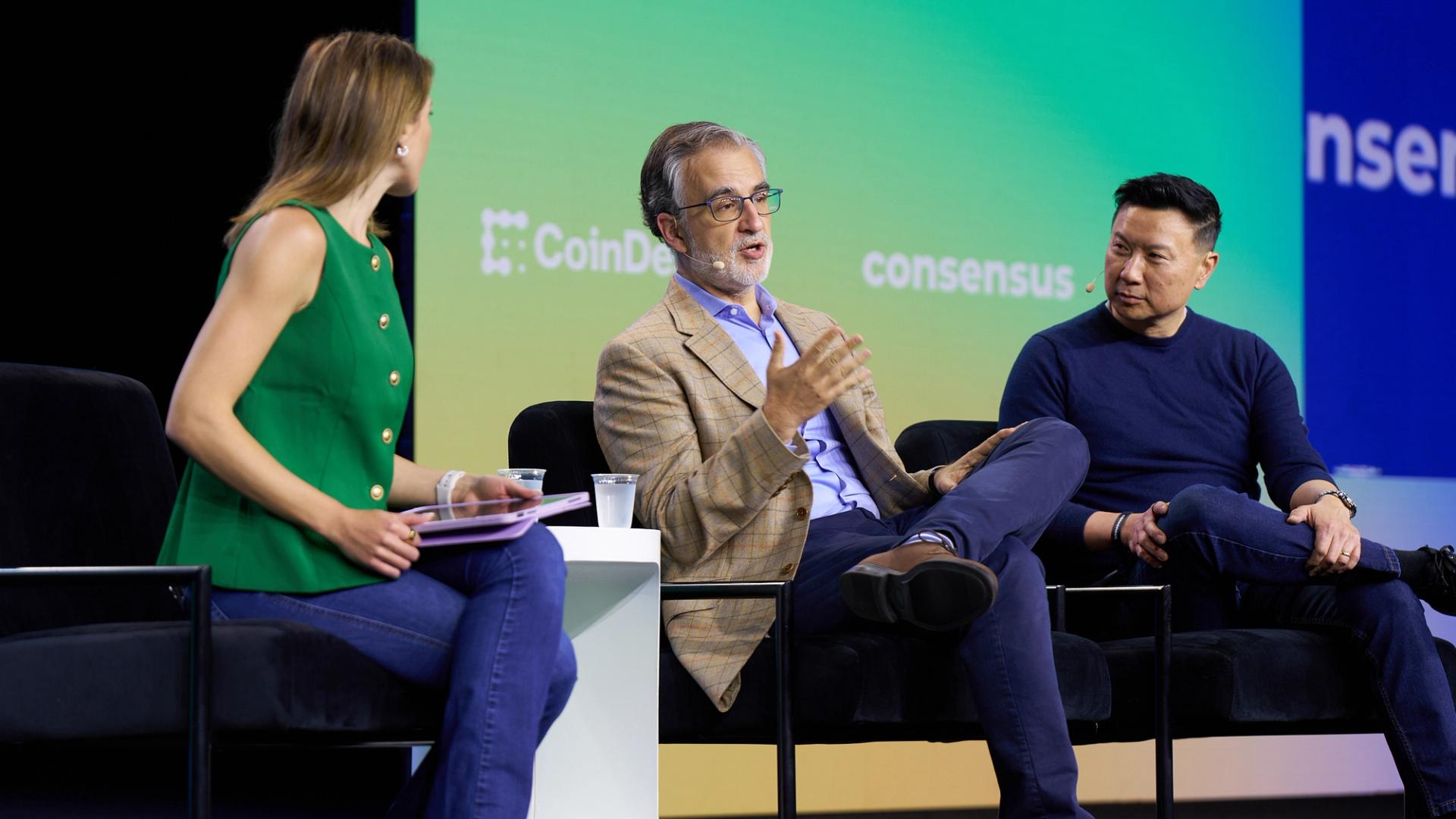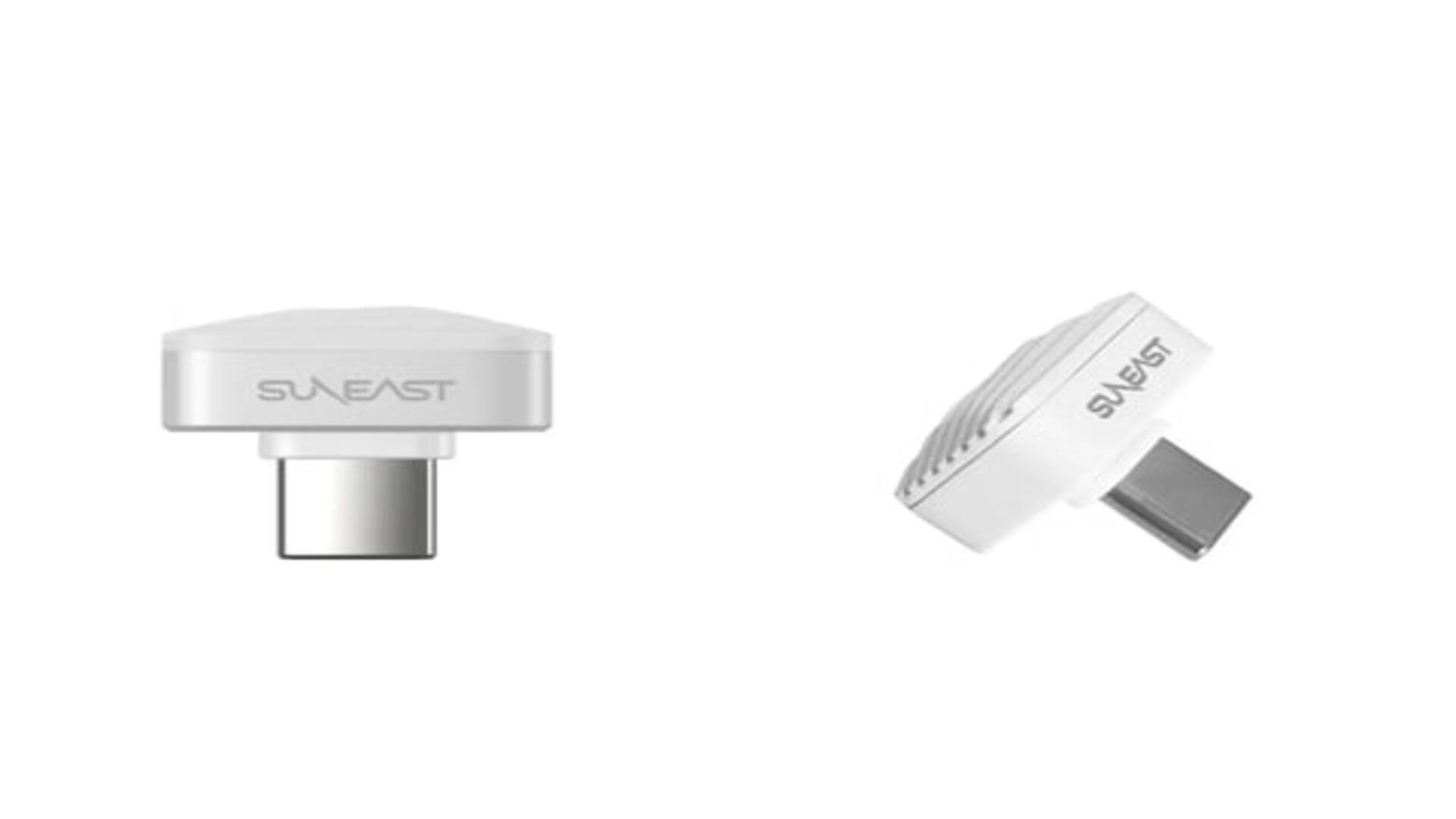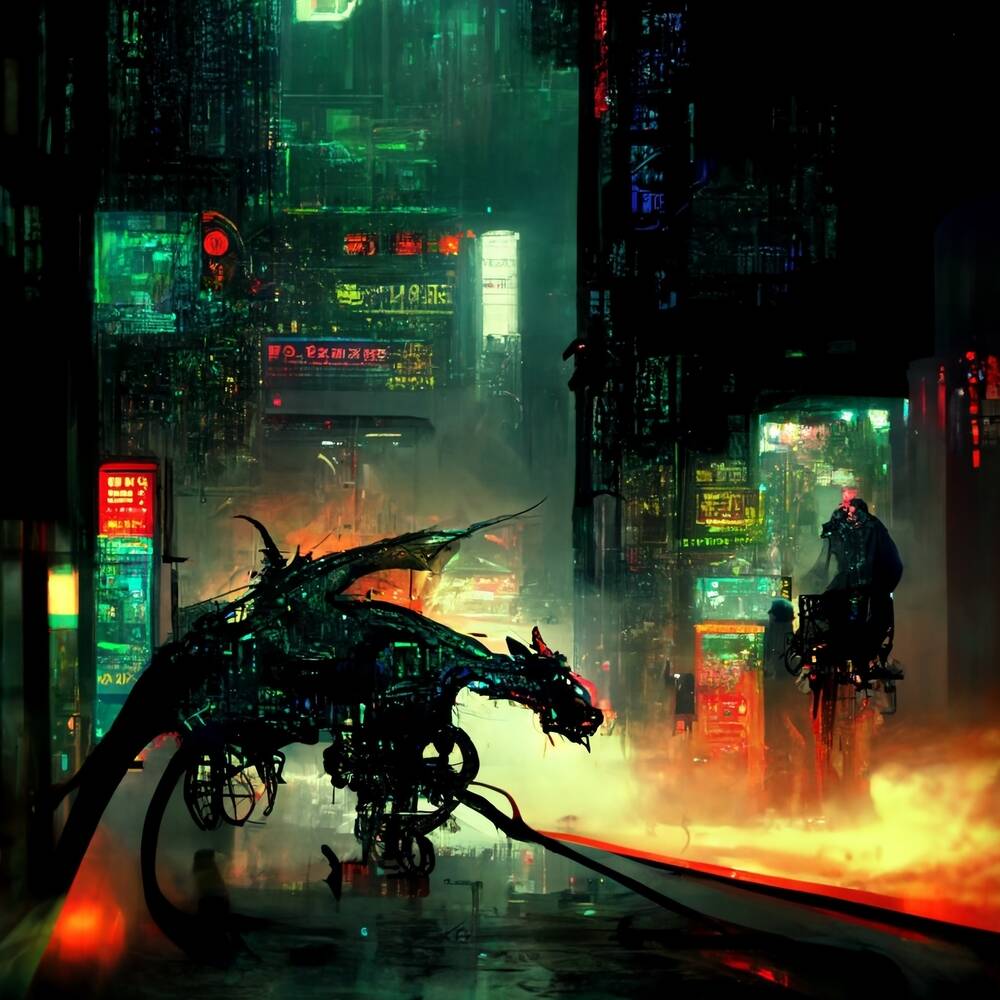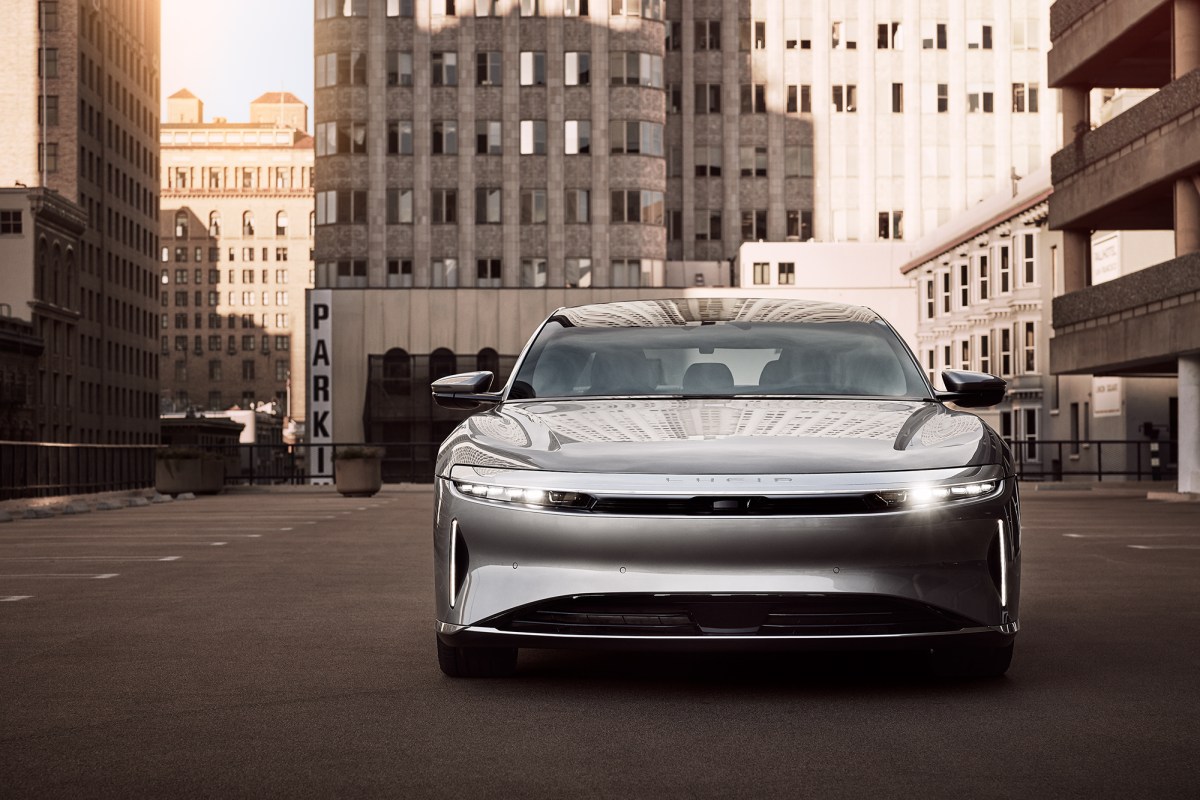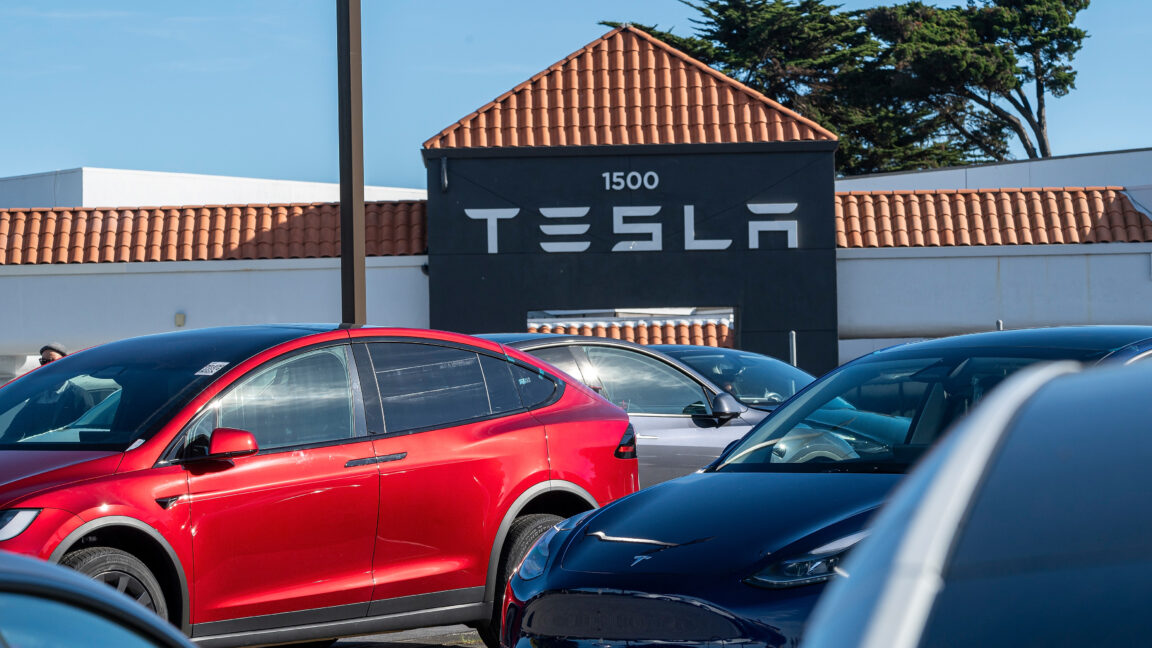Blue-collar jobs see 5–7% wage growth amid high demand and ongoing inequities
The report, 'Blue-collar workforce trends 2025' by Deloitte said the trend reflects a strong demand for skilled talent across key sectors such as manufacturing, automotive, ecommerce and logistics.


Blue-collar wages are now growing at an annual rate of 5-6%, with many companies offering performance-based incentives to attract and retain skilled talent, according to a report on Thursday.
The report titled 'Blue-collar workforce trends 2025' by Deloitte said the hiring intent for blue-collar roles rose 10% in 2025, reflecting a strong demand for skilled talent across key sectors such as manufacturing, automotive, ecommerce and logistics.
The report said the wage growth, rising at an annual rate of 5-6%, is keeping pace with this demand.
Sectors such as automotive, metals and mining and chemicals are seeing steady salary increases of about 6%, driven by investments in automation and production capacity.
The e-commerce sector is poised for the highest wage growth at 7%, fuelled by the continued expansion of last-mile delivery networks, warehousing, and logistics infrastructure, it said.
"India's blue-collar workforce stands at the crossroads of technological evolution and policy reform. As automation, AI and smart manufacturing reshape the industrial landscape, the need for inclusive skilling, robust social protections and humane work environments has never been greater.
"At this pivotal moment, businesses have the responsibility and opportunity to build a future-ready workforce that is more productive and empowered.
"Our growth relies on those who power our factories, warehouses, and supply chains. Empowering this workforce isn't just smart business, it is essential to industrial progress," Deloitte India Partner Neelesh Gupta said.
The report is based on insights from over 15 industries, with participation from over 200 companies and inputs gathered from more than 300 manufacturing plants.
Further, the report found promising strides in technology and formalisation, while underscoring wage and inclusion gaps in the workforce.
Only 2.3% of blue-collar roles pay over Rs 60,000 per month, often reserved for highly experienced or specialised workers.
Meanwhile, average wages for female employees are just 0.70 times that of their male counterparts, underscoring the need for more equitable compensation practices.
The disparity is most pronounced in physically intensive non-ITI roles.
Persistent gaps in wage standardisation, along with the critical need for workforce reskilling and upskilling, continue to challenge industry-wide compliance and tech-readiness efforts, it added.
Edited by Jyoti Narayan











![What Are Website Demographics? [Explained]](https://static.semrush.com/blog/uploads/media/e3/e4/e3e48631e5cd307cd7a4bfee26498e62/0db9c37107a24c016f06d29ca0a5719a/website-demographics-sm.png)


















